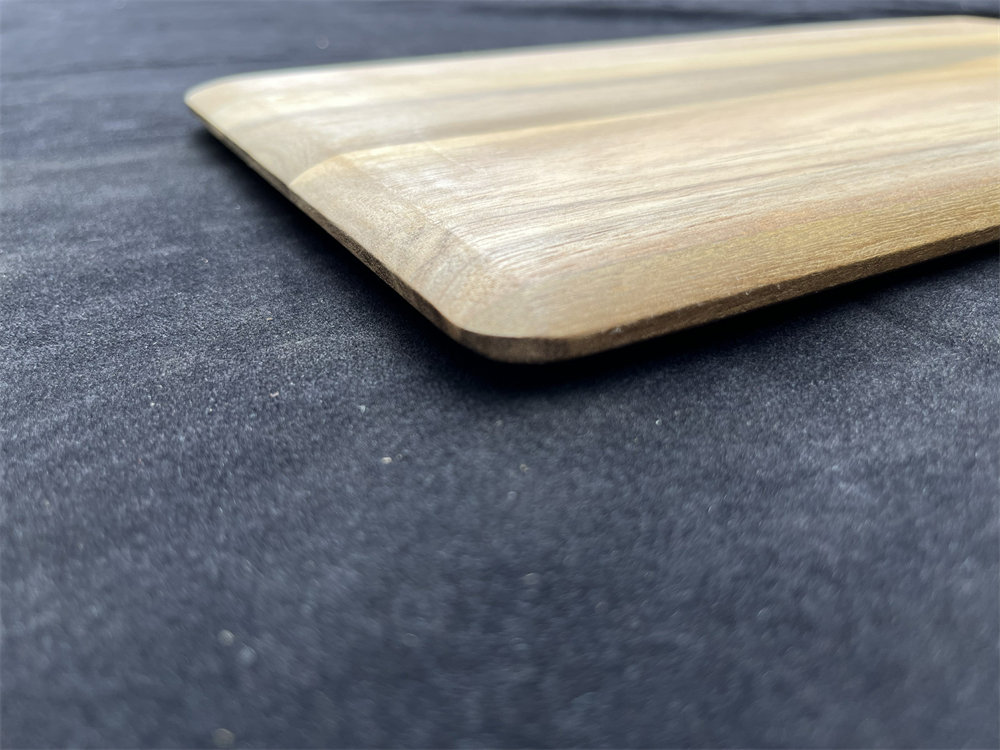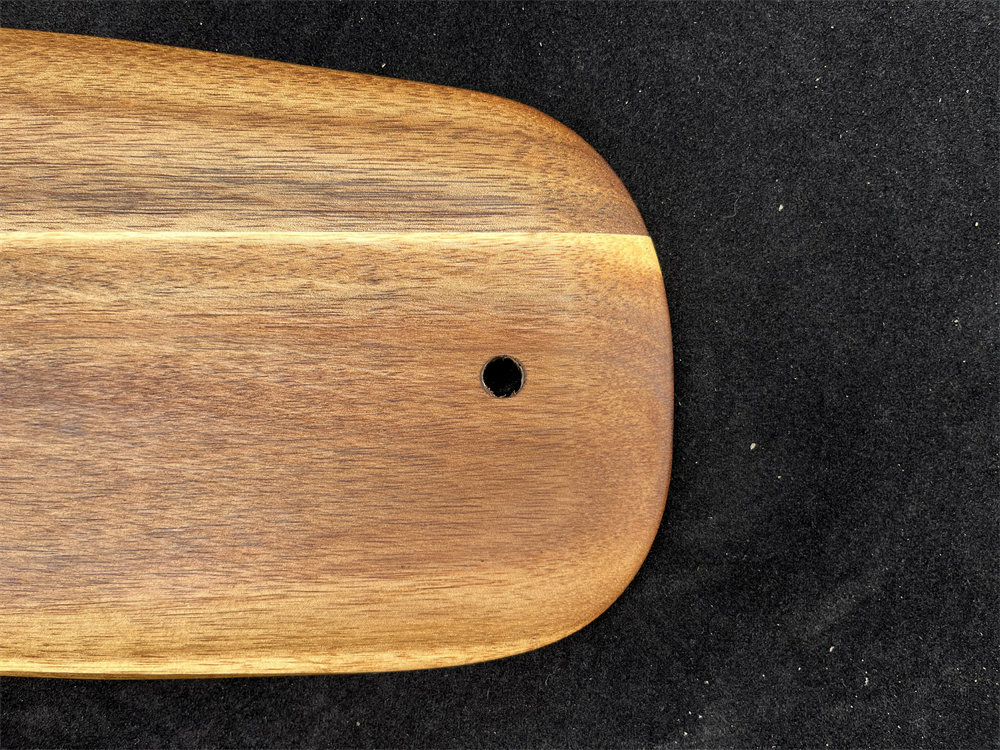
If you want to avoid cross-contamination when preparing food, having a clean chopping board is essential. Using the right type of chopping boards can help prevent cross-contamination. However, with a wide variety in the market, it is difficult to choose the best one. Let’s analyze the issue of hygiene from the perspective of various materials.

Wood As The Natural Source Of Antimicrobial Agents
A number of people prefer wooden chopping boards that are made from hard wood varieties like maple and walnut. Despite wood being a porous material, roughly 64% of wooden boards are still recommended by researchers as the best in terms of cleanliness. A significant part of the population in this country is unaware that wood is a natural antimicrobial. When wood is subjected to bacteria, whether by fungus or food pathogens, the bacteria are engulfed into the structure of wood itself and die of stagnant growth. Moreover, wood is easy on the edge of a knife and doesn’t scar on the surface as fast as plastic boards, which lessens the bacteria hiding spots. All that’s needed of these plastic surfaces is frequent oiling and washing since they can dry out.
Plastic The most low maintenance and reasonable option
Because of its low cost and easy to care, chopping boards made from plastic most come in use. The majority of the plastic boards are dishwashers therefore it is easy to ensure through cleansing process. However, while plastic is easier to clean compared to wood; it has all deep cut grooves which are more evident due to carving knives into the surface through which food particles and germs might settle. Boards that go through excessive wear lose their sanitization and therefore need to be changed if food safeness is to be ensured, a strict rule of thumb to follow.
Bamboo The Green Alternative
The cutting boards made from bamboo have attracted a lot of attention because they are made from a renewable resource that does not compromise on hygiene. So how does bamboo fair sustainable in comparison with the rest of the chopping boards available in the market? Bamboo is an anti-microbial which means it has a cooperated weaker tolerance against bacteria which allows it to not be penetrated easily from bacteria. Bamboo is more resilient than other types of wooden boards which render it unsuitable to be used with knives, yet other than being eco-friendly it does benefit the user with being dense and considered more sanitary. There is a need for conditioning of bamboo boards throughout its usage to make sure it doesn’t grow coarse on the surface selection. Similar to wooden boards, bamboo boards can crack so constant checking and care is required which could otherwise accommodate nasty bacteria.
Glass and Acrylic The Non-Porous Surface
Chopping boards made of glass and acrylic are highly non-porous and porous surfaces thinkable antibacterial growth on them because of these characteristics. These materials do not soak up any moisture or get food particles embedded into them, which makes their cleaning easier. But such removing of moisture and debris easily means a trade-off of having to work with the knives a lot as the harsh surface makes them blunt in a short time. Also, since glass is porous it comes off as tricky to work with as it is easily slipped from the user’s hand while chopping. As such, glass and acrylic prove to be quite useful in the case of hygiene but practicality sometimes comes in question in terms of durability and its non friendly nature to knives.

Conclusion The Winner On Sanitation Bundles
In terms of hygiene, every material has its share of positives and negatives. Most wooden boards, especially those made of hardwoods like maple, have the advantage that they tend to have built in anti-bacterial properties, and hygiene can be guaranteed with beautiful starch ahem, great care! Plastic boards are great for sanitary upkeep but they can be cut too deep into which allows bacteria to breed in the wells. Bamboo is an environmentally friendly resource which is anti-microbial but like wood takes care. Glass and acrylic group and extreme level of hygiene but their surface is not the knife’s best packaging.
The higest hygiene catered chopping board however remains its care. Replacement of damaged chopping board, care and deep cleaning regularly are key ingredients of doing your kitchen a favor and aiding in shooing away the dirt and bacteria.